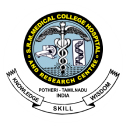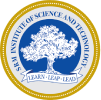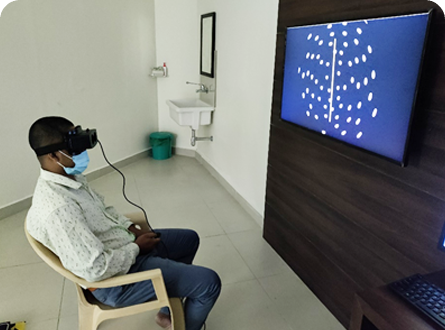
Neuro Otology and Vestibular Laboratory

Neuro-Otology is a sub speciality of ENT. The Neuro otology and Vestibular lab was established in the Dept of ENT, Head and Neck Surgery in November 2020. It is a dedicated centre for managing patients suffering from Vertigo and other diseases causing disequilibrium. Vertigo and dizziness are common presenting symptoms to clinicians of all specialties. It has a lifetime prevalence of around 20- 30%. The diagnosis of Vestibular disorders has seen tremendous advancement with the advent of new technology and equipment There are over 40 common inner ear disorders and those of the Central Nervous System which can lead to vertigo. The comprehensive management of these disorders includes detailed history, appropriate investigations, rational treatment and rehabilitation strategies. The first step for successful treatment is establishing a diagnosis. Vertigo and dizziness are symptoms like headache, nausea or fever and relate to specific pathologic conditions. Hence interpretation of history with clinical and diagnostic tests is important.
The Neuro otology Clinic will function on Tuesday. Thursdays and Saturdays from 10 am to 1pm in the ENT Department, Ist floor of the SRM Hospital. It will be jointly managed by suitably qualified professionals from Dept of ENT, Audiology and Neurology. Patients are scheduled by prior appointment only. The contact person is the Nurse in charge of ENT OPD and the contact number is - +9144 47432386
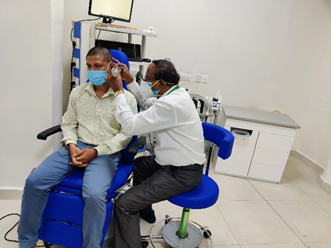
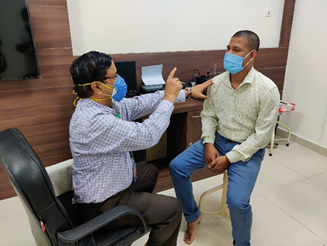
Vestibular Laboratory
In order to evaluate the Vestibular system and enable the clinician to arrive at a precise diagnosis tests / investigations are usually done in the newly created Vestibular Lab. These tests are
Dynamic Visual Acuity (DVA)
It is the best test to diagnose Vestibulotoxicity and peripheral vestibulopathy usually caused by ototoxic drugs. It can also be used as a rehabilitation tool and to assess outcome of rehabilitation
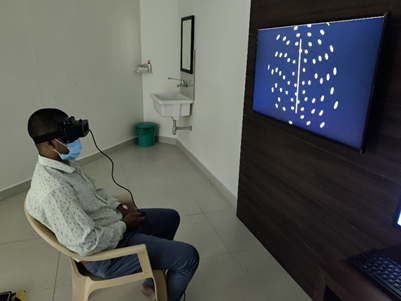
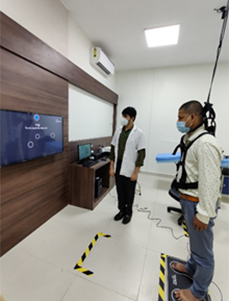
Computerized Stabilometry (Posturography)
Stabilometry helps in the functional evaluation of the postural control system in its steady state behaviour. It measures the outcome of vestibular rehabilitation by assessing patient’s balance control on the postural sway velocity.
Rhythmic Weight Shift (RWS)
To quantify the patient’s ability to rhythmically move their COG from left to right and forward to backward between two targets at different speeds.
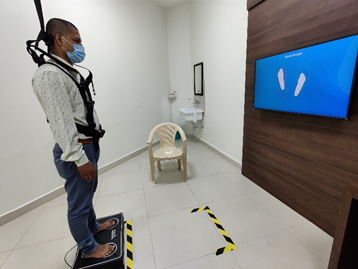
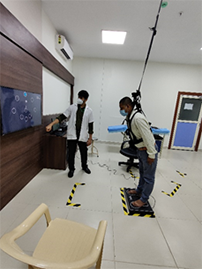
Subjective Visual Vertical (SVV)
It is used to evaluate the otolith system responsible for the perception of verticality. It helps to diagnose various otolithic disorders, chronic dizziness, compensated vestibular disorders, differentiate peripheral vestibular disorders from the central vestibular disorders and assess the effect of rehabilitation in vertigo patients.
Craniocorpography (CCG)
It is an objective investigation to evaluate the vestibulospinal reflex. The Romberg’s test, Tandem walking and Unterburger / Fukuda test are done.
Videonystagmography (VNG)
It is non-invasive, accurate and reliable way of evaluating vestibular and oculomotor systems. It evaluates peripheral and central vestibular functions through spontaneous nystagmus with and without optic fixation, gaze evoked nystagmus, saccades, optokinetic test, caloric test, head shaking test, smooth tracking with various frequencies, positional tests, Valsalva and hyperventilation induced nystagmus and skew deviation.
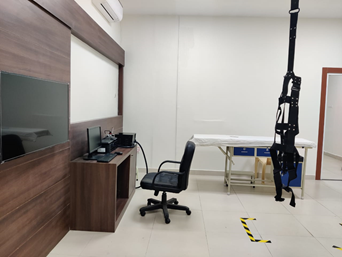
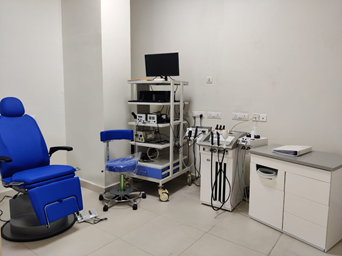
Video Head Impulse Test (vHIT) with VOR Suppression Test
The vHIT enables to test all 6 semi-circular canals at high frequency as well as the saccades strategies (overt and covert). The important features are
- Quick test: In 10 minutes, all 6 semi-circular canals can be tested.
- Nine axis motion sensor accurately measures the head movement allowing for simultaneous comparison of head and eye movement
- Monocular High Frame rate camera with 200 fps to detect fast eye movements
- Lightweight goggle design to reduce slippage.
- Built-in lasers that provide stimulus for calibration and VOR testing.
- Fully integrated and computerized with real time recording of all parameters
- Videos of the eye movement can be viewed after the test
